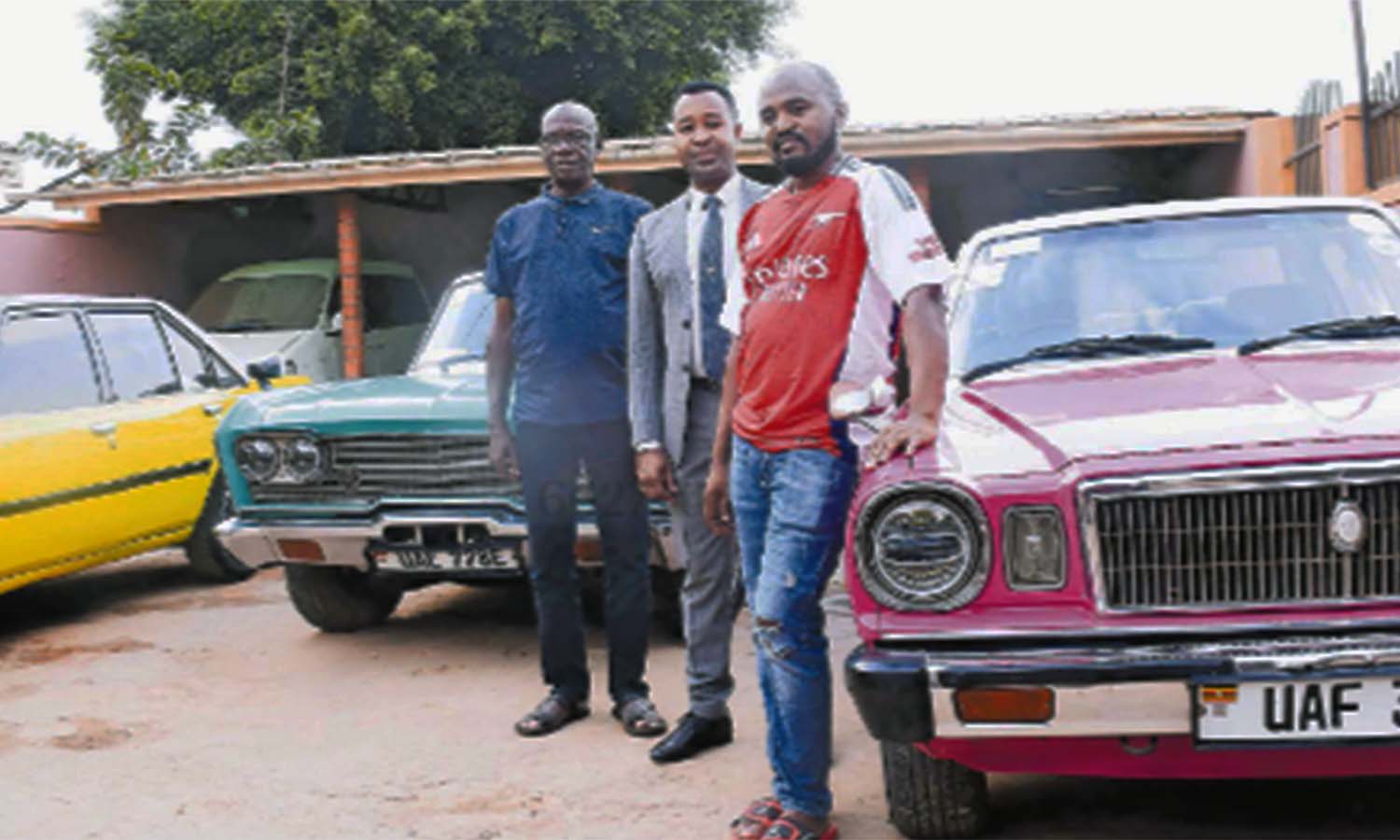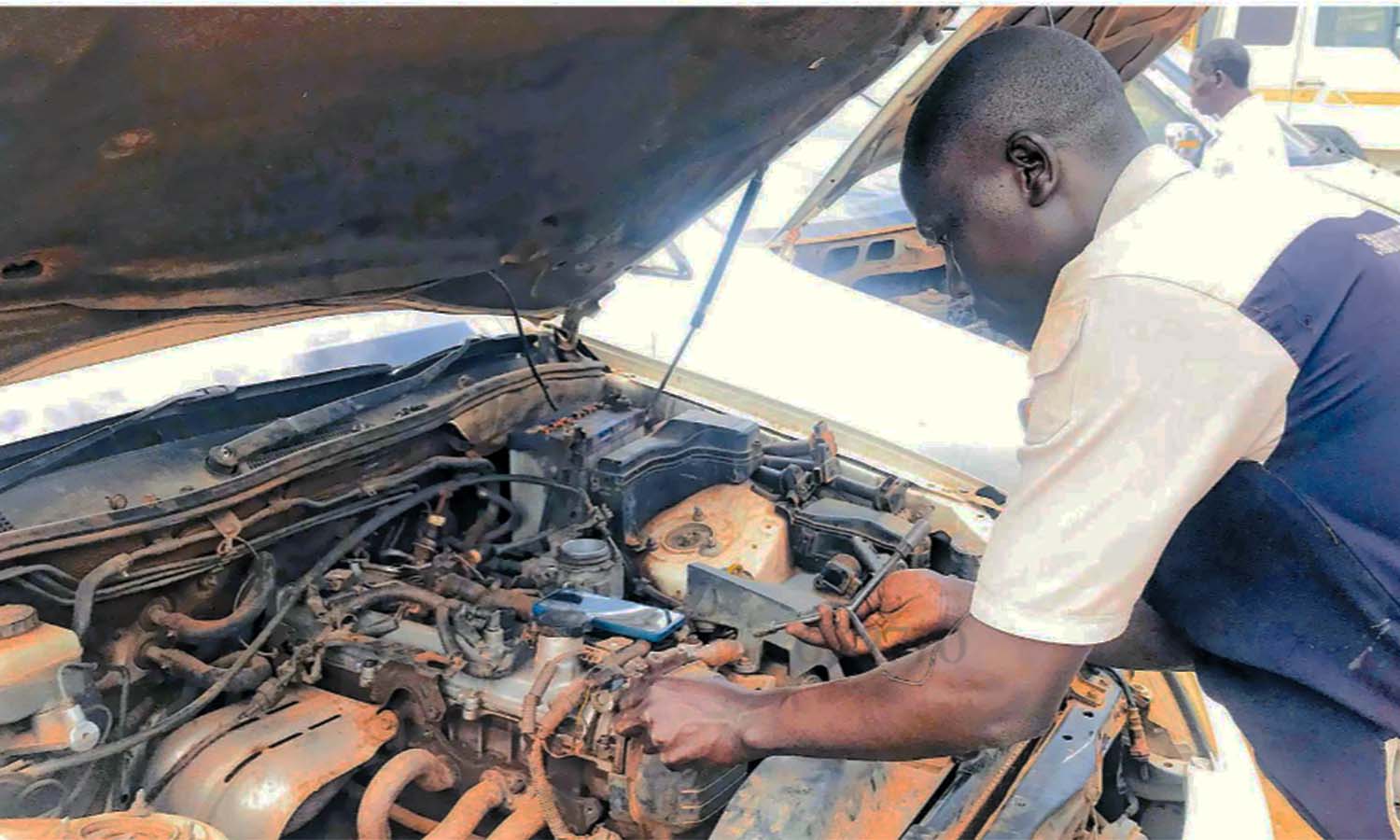Prime
Competing for market share is for failures

Stock brokers during a trading session. Dr Celestine Katongole says successful businesses, which want to stay ahead of the pack, should fight for opportunity share. PHOTO | FILE
Weeks ago, I read with interest arguments from a number of investors, policy makers and scholars on a local tourism think-tank in Uganda. The topic was whether wildlife tourism is better than cultural tourism for Uganda going forward. Many of them missed the real point!
It is a well established fact that the global value of cultural tourism is two times bigger than the global value of wildlife tourism. As a country we may not know much about cultural tourism because for decades, attention has only been paid to nature tourism. Overall, our efforts to promote wildlife tourism are mainly aimed at increasing market share. Scholarly evidence shows that any enterprise that struggles for market share is a market failure! Existence of a current market means that an opportunity has already arrived and the most prepared reap big from it. So those who want to join the “dining table” will have to fight for space but the early players will always defend their positions and will never surrender much of their share.
Successful businesses, which want to stay ahead of the pack, should fight for opportunity share. This means that leaders of these enterprises need to scan and accurately measure the future needs of customers, and how these customers will behave. In this, they identify opportunities and start to build capacity today. By the time the envisioned future arrives, such leaders will be best positioned to take the lions share. Those who slept on the job will only wake up at that time to fight for market share. But they will be late!
If you look at the trends in tourism, travellers are looking for something new to learn. They’re looking for new experiences. These experiences are not in wildlife but minds are fixated on wildlife in many African destinations. Someone may not remember how big an elephant is but will certainly remember how local men use a simple stick to walk in a road through a national park at night! We have a rich cultural heritage, that if we developed proper foresight, can truly transform our tourism. Even animals, mountains, plants, and rivers can be watched and interpreted from purely a cultural perspective. And this is where unmatched new experiences lie for future destinations.
Uganda has one UNESCO cultural heritage site - Kasubi tombs. This site has the most outstanding universal values in Africa. Elsewhere, a site like this alone attracts 2 million visitors or more per year. But Uganda has 8 cultural heritage sites that have potential to become world heritage sites. These have been on the UNESCOs tentative list for about 20 years primarily because we have failed to provide the necessary documentation and development. If we had foresight, in this period we would have added these sites to the global list. This would represent a potential additional 16 million visitors. In some countries people climb mountains on knees and others are hiked for purely cultural reasons! A few years ago a reputable consultant proposed developing Rwenzori into a cultural product and demonstrated how this would create far more benefits than climbing the mountains for purely adventure reasons. We didn’t take that path.
Uganda has more than 60 cultural heritage sites of national significance- these sites provide a glimpse into how our lifestyles have evolved to be where we are today as a society. And this is where new experiences lie for the future traveler. As destination actors, we need to envision what that traveller will want and then start making appropriate internal adjustments today. By the time other African destinations wake up to think outside of wildlife, we shall be reaping big from that future. Such a line of thinking is even more appealing if you consider the rising incidence of zoonotic diseases, pressure on wildlife habitats, climate change and illegal wildlife activities. These factors may severely undermine the future existence of wildlife resources.
If we don’t start the investments today, the opportunity will pass by as we watch others reap. In essence, we need to broaden our interpretative capacity of the value of the resources we have today. And this goes to the business leaders as well.
Celestine Katongole, PhD
Founder, workandrise.com




